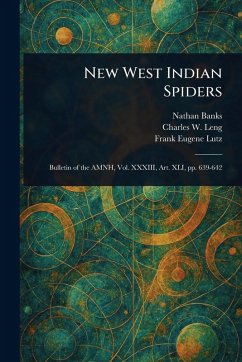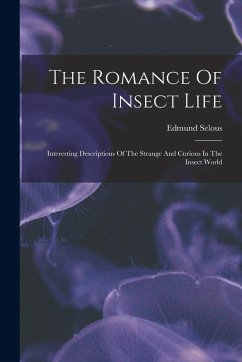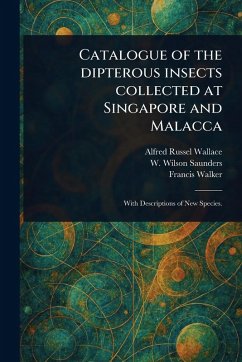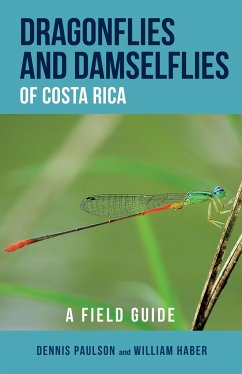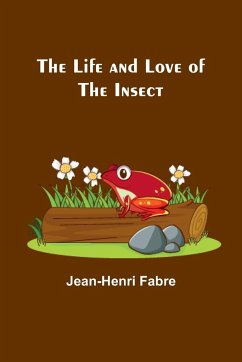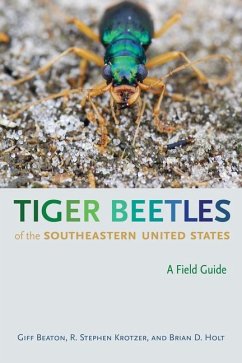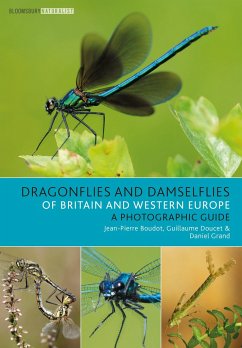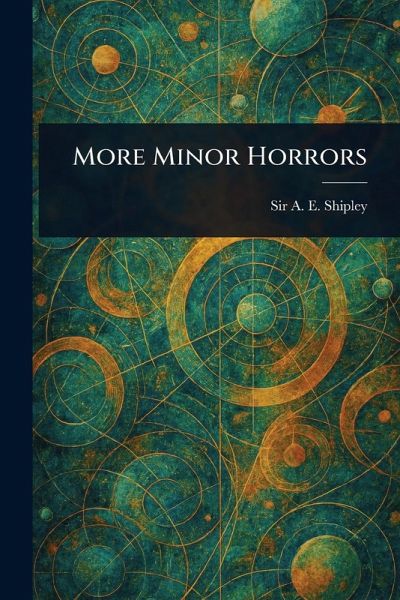
More Minor Horrors

PAYBACK Punkte
9 °P sammeln!
Delve into the fascinating world of insects and their impact on human life with Arthur Everett Shipley's "More Minor Horrors." This insightful exploration of pests, drawn from the realms of entomology, zoology, and natural history, provides a detailed look at the creatures that have long vexed humanity. From household nuisances to agricultural threats, Shipley examines the biology and behavior of these "minor horrors," offering a glimpse into a world often overlooked. Originally published in the early 20th century, this book remains a valuable resource for anyone interested in the natural worl...
Delve into the fascinating world of insects and their impact on human life with Arthur Everett Shipley's "More Minor Horrors." This insightful exploration of pests, drawn from the realms of entomology, zoology, and natural history, provides a detailed look at the creatures that have long vexed humanity. From household nuisances to agricultural threats, Shipley examines the biology and behavior of these "minor horrors," offering a glimpse into a world often overlooked. Originally published in the early 20th century, this book remains a valuable resource for anyone interested in the natural world. Discover the intricate lives of insects and gain a deeper understanding of the challenges they present. A meticulously prepared print republication of a historical text, "More Minor Horrors" offers a timeless perspective on the ongoing relationship between humans and the insect world. This work has been selected by scholars as being culturally important, and is part of the knowledge base of civilization as we know it. This work is in the public domain in the United States of America, and possibly other nations. Within the United States, you may freely copy and distribute this work, as no entity (individual or corporate) has a copyright on the body of the work. Scholars believe, and we concur, that this work is important enough to be preserved, reproduced, and made generally available to the public. We appreciate your support of the preservation process, and thank you for being an important part of keeping this knowledge alive and relevant.






